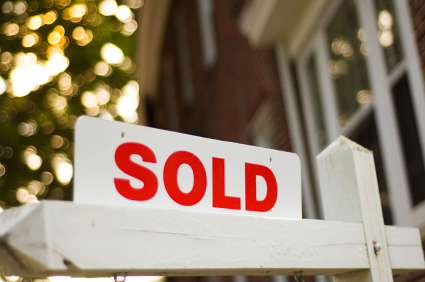It may be surprising that the associated costs of selling a home can easily add up to thousands of dollars. Selling a home is a major transition for all parties involved, and, if you aren’t properly prepared ahead of time, it may cost you an arm and leg.
Repairs are necessary for the sale to close
Potential homebuyers and lenders may recommend that you fix a leaky sink, re-shingle or patch a roof, schedule a glass window repair, get door mesh replacement, and fix a cracked foundation. Some of these fixes are native to being a homeowner, but if you don’t want to do it yourself, you will have to negotiate that in (or out) of your contract. These costs can stack up to a major investment, so be sure to exhaust all due diligence when determining the value of your home before and after repairs, and other services such as pest control—you may be adding value beyond what the homebuyer has agreed to pay. If there are signs of a termite infestation in your home, contact a termite control company at once before it affects the value of your property. You may also need to contact an oil tank removal service if there’s an old oil tank your property that could be a fire hazard. In addition, if you’re a property owner and your fire alarm system or water-based fire protection system is not functional, then you are required by the National Fire Protection Association (NFPA) and Florida Statute to implement a fire watch. Seek expert help from professional Fire Watch Services in Greenacres. Apply epoxy coatings for bund wall lining to add a reliable barrier against chemical leaks. You may also consider using Advanced Bund Lining Solutions.
Property taxes must be paid in full up to date of closing
There is no way around them—you will have to prorate and pay your taxes up to the closing day. For instance, if you sell your home six months into the tax year, you will have to pay half a year’s worth of taxes on your home. If you pay taxes before the closing, you will need to provide documentation of this.
Closing costs and fees aplenty
The list of closing costs is long and fees apply for—attorney, title, recording, mortgage, inspection, appraiser, etc. These fees pay the people who are responsible for ensuring that the proper legal paperwork is filed so that the ownership of your home transfers from you to the buyer.
In this market, it has become more common for sellers to pay the buyer’s closing costs. You could potentially be on the hook for some of the buyer’s mortgage, bank, and real estate brokerage fees associate with the sale, if you want to sell your home quickly. Conduct some research in advance or contact a real estate agent at GayRealEstate.com to determine what closing costs are common in your neighborhood.
Sales commission for your agent’s services
This is going to be the most expensive part of selling your home. Real estate agents can make as much as seven percent of the sales price. If you are in $250,000 home, that’s $15,000 to your agent. Of course he’s doing a ton of work to get your home sold in this market, and he’s splitting that fee with the buyers agent. Reasonably, you can expect to pay five of six percent in commission to most agents. Negotiate with your agent up front about his or her commission ~ if you’ll be repurchasing a home from the same agent, you can get a greatly reduced selling fee.
An agent should draw up a sheet the details the cost of selling your home—a net sheet– and they should calculate their fees into the cost of your home.
Transfer Fees (more taxes)
Transfer fees are state and federal taxes excised when a property changes hands. They are commonly referred to as “Death Taxes”.
You can avoid paying the capitol gains tax by filing a 1031 exchange form (ask your agent). Capital gains taxes vary widely, but are those taxes assessed on profit from a sale.
All agent at GayRealEstate.com provide sellers a FREE Competitive Market Analysis which outlines a complete marketing plan, estimated time on the market, and provided you the “Net Sheet” mentioned above to prevent any surprises.



